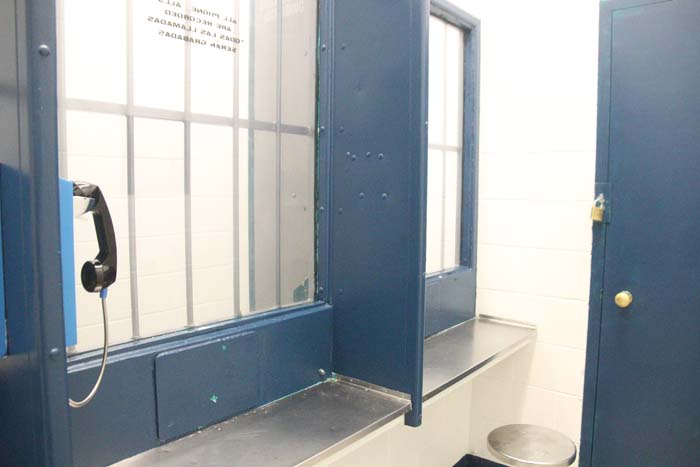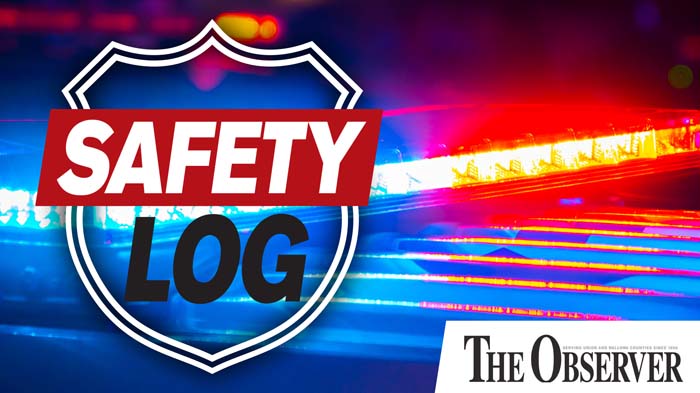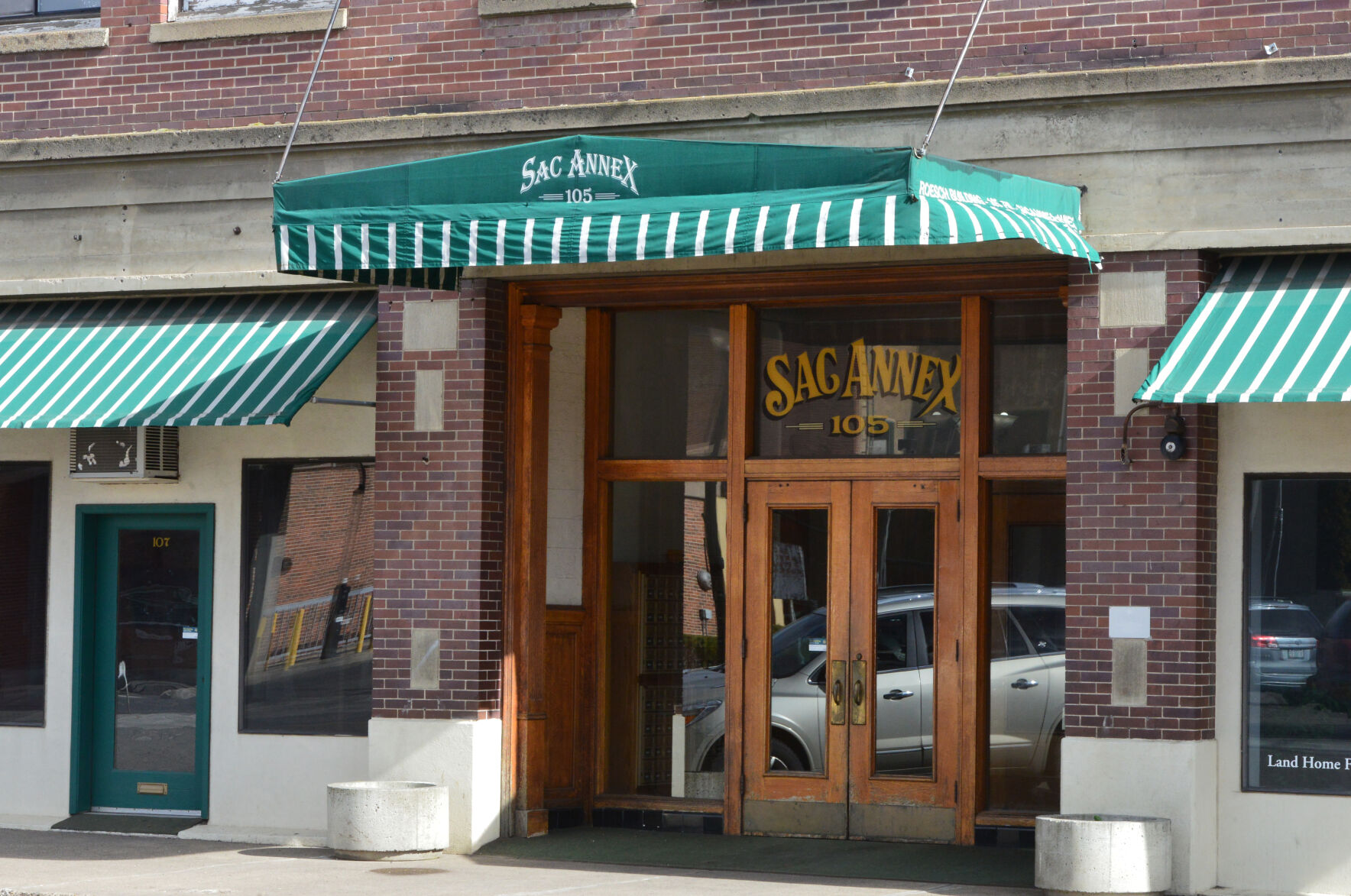The challenges of addiction
Published 7:30 am Saturday, February 10, 2018

- The challenges of addiction
Union County Parole and Probation Officer Ryan Browne sees people post-prison. Many of the former inmates face the challenges of life after prison with no job, no home and an addiction.
“We are responsible for seeing them through their parole,” Browne said. “We can help them break down barriers.”
Browne said those on parole must maintain a job or go to school. Their most basic needs must be met first, though — like having a home or finding their next meal.
There are 260 offenders currently on parole in Union County, he said. Eighty percent of them suffer from drug addiction. More than 90 percent have substance abuse issues.
Besides meth, Browne said opiates and bath salts are prevalent.
“I’ve been in a number of arrests where they’re high. It’s dangerous and volatile,” he said. “When they’re high (on meth), they experience superhuman strength.”
It’s nearly impossible for deputies on their own to confront someone who is high and violent. He said if an officer is in Elgin, for instance, then backup is far away.
“He may not have coverage,” he said. “It’s dangerous. (A drug-fueled rage is) typically rare to experience, but it’s becoming more common.”
Browne said the parole and probation department has priority cases they focus on. Those who are highly likely to reoffend are required to check in with their parole officer on a daily basis.
Sex offenders, domestic violence cases and those in drug court are priority cases.
“We classify them as low, medium and high likelihood of reoffending,” Browne said. “That’s how we determine how often we contact them.”
Those who don’t have a job or a stable house to live in are more likely to relapse.
“That’s when we’ll have more contact with that person,” he said.
He knows even low-frequency users have triggers. Something traumatic happening may lead them back to using drugs.
Regular users are more likely to be part of the revolving door where they get arrested for drugs, serve their time, get out of jail and then find themselves back on drugs again. Browne said many people in jail with charges like unauthorized entry into a motor vehicle or first-degree theft are generally driven to commit those crimes because of drugs.
However, there are those who win the fight against drugs.
“We do have successes,” he said. “We publish a lot of the negatives — in the jail roster or in the police log in the newspaper. Personally, if there weren’t successes then I don’t think I could do this job.”
It is very rewarding to see people overcome their addiction, Browne said.
This would happen more often, if more resources were available.
“A lot of people want to get treatment,” he said. “A large part of the population don’t have access to it because of what they’ve been charged with.”
Browne said treatment facilities won’t take those who have person-on-person charges in their history.
“They want to sincerely change,” he said. “That’s where we’re struggling as a state. I’d like to see more programs available.”
Browne said the worst thing to do for people striving for rehabilitation is isolate them.
“The sooner you recognize (there’s a problem) the better chance they have at success,” he said.
Programs at the Center for Human Development or Grande Ronde Recovery can help with that. He also said the parole and probation department can help answer questions about resources.





